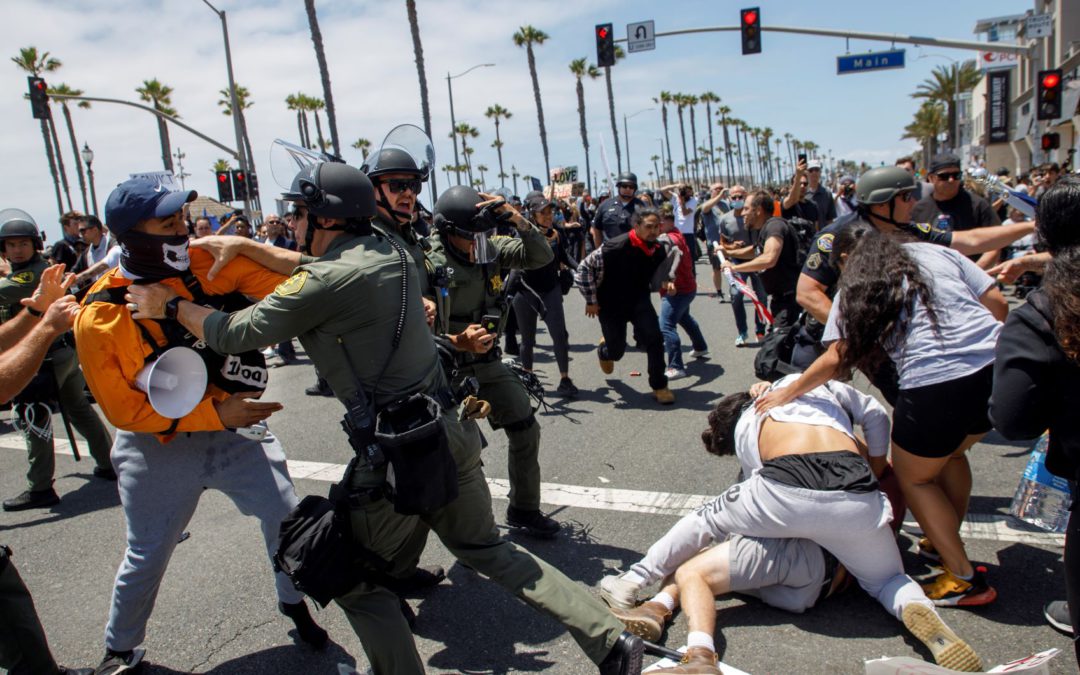
by Vicki Flier Hudson | 4 Feb 2021 | Donald Trump, Educators' Catalog, Future of Democracy, Health and Wellness, Personal Reflections
Playing in a rock band helped me see that in these polarized times, we need to listen to hateful views to heal divisions and save democracy. Black Lives Matter protesters brawl with supporters of then U.S. President Donald Trump, Huntington Beach, California, 6 June...
It’s a common lament that we live in polarized times. Echo chambers, confirmation bias, troll factories — these are terms we’re all too familiar with now because they identify a problem that is besetting politics and democracy. Vicki Flier Hudson tackles the issue head-on, but unlike so many writers, she takes off the ideological blinders to offer a lesson in empathy — replete with mention of her rock band. She offers techniques at the end of her article that all of us can use. Teachers can ask students to identify an abhorrent point of view and explain why someone could possibly hold that perspective.
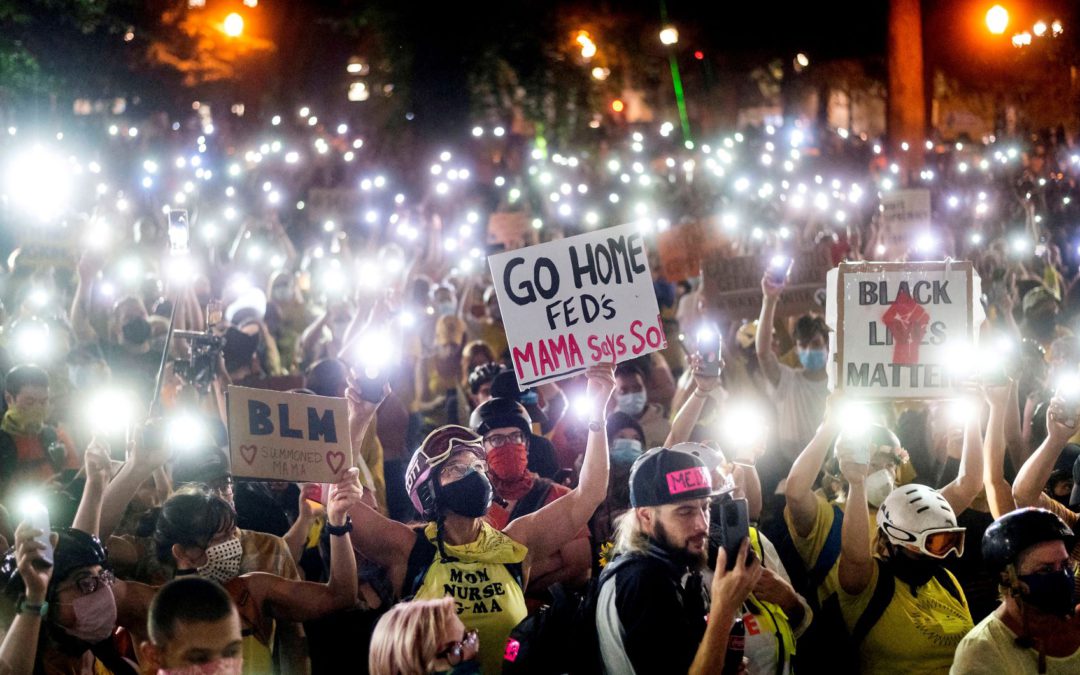
by Christina MacCorkle | 26 Jan 2021 | Americas, Asia, Contest winners, Contests, Donald Trump, Educators' Catalog, Future of Democracy, Human Rights, Joe Biden, Politics, Student Posts, Thacher School, Youth Voices
A pro-democracy movement in South Korea offers lessons to two U.S. social movements — against police brutality and for a defeated ex-president. Black Lives Matter protesters hold their phones aloft in Portland, Oregon, 20 July 2020. (AP Photo/Noah Berger) This story...
Sociologists are the first to admit they are apt to speak their own tongue, so reporting on sociological research can tie even experienced reporters in knots. And high school students are not always interested in events of half a century ago. So it’s a rare pleasure when a student connects a pro-democracy movement in South Korea during the 1960s and ‘70s with social movements in the United States today, and renders sociology understandable to the untrained ear in the process. Christina MacCorkle of The Thacher School takes academic research about a country far from her school’s California campus and connects it to current events in the U.S., using simple language to convey complex academic arguments. Many students are trained to write academic essays, but MacCorkle enlightens those of us outside of academia.
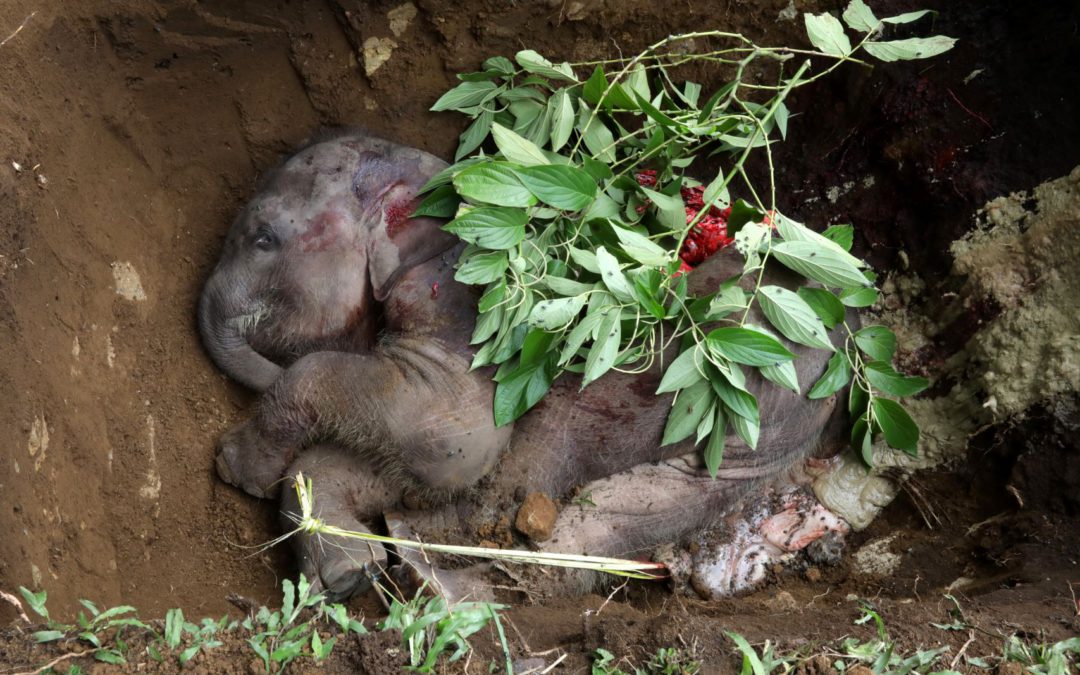
by Paul Spencer Sochaczewski | 22 Jan 2021 | Climate change, Educators' Catalog, Environment, Human Rights
Threats to nature persist despite global efforts to save our planet. Is it time to get tough and make killing nature an international crime? Amira, a wild baby elephant, is buried after she was caught in a poacher’s trap, Sare, Aceh Besar, Indonesia, 24...
Most students, aware of the devastating effects of climate change, favor stronger protections for nature. But have they considered what course of action might be needed if “‘standard’ save-the-world activities” fail to stir change, to use author Paul Spencer Sochaczewski’s words? Spencer Sochaczewski looks at the gray areas relating to how to protect the environment. His piece encourages students to consider multiple sides to a complex issue, and invites them to consider the motivations and tactics of changemakers outside the mainstream.
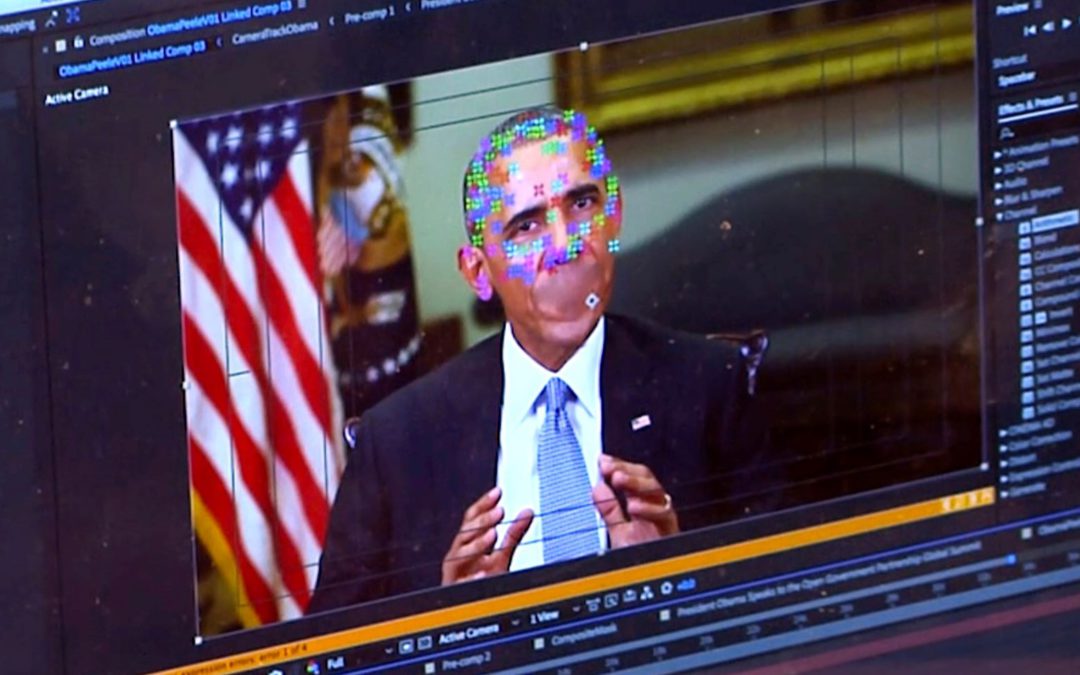
by Stuart Grudgings | 18 Jan 2021 | Donald Trump, Educators' Catalog, Fake News, Future of Democracy, Media Literacy, Technology
Fake news is already eroding our shared sense of reality. Now, deepfakes and AI stand to fuel disinformation and imperil democracy. An image of a deepfake video of former U.S. President Barack Obama (AP Photo) The unprecedented mob assault on the U.S. Capitol on...
Technology permeates students’ lives and has contributed many economic benefits to the world while bringing far-flung communities closer together. But what of the downsides? The polarization of society? The dangers of spending too much time on social media? Citizens being hoodwinked into believing the unreal? One of the biggest questions facing policymakers around the world today is how to protect democracy without infringing on free speech. It’s a question that is not going to go away and which students would do well to start considering today. In this article, Stuart Grudgings introduces us to some of the disturbing possibilities of deep fake technology and begs the question of what to do about it.
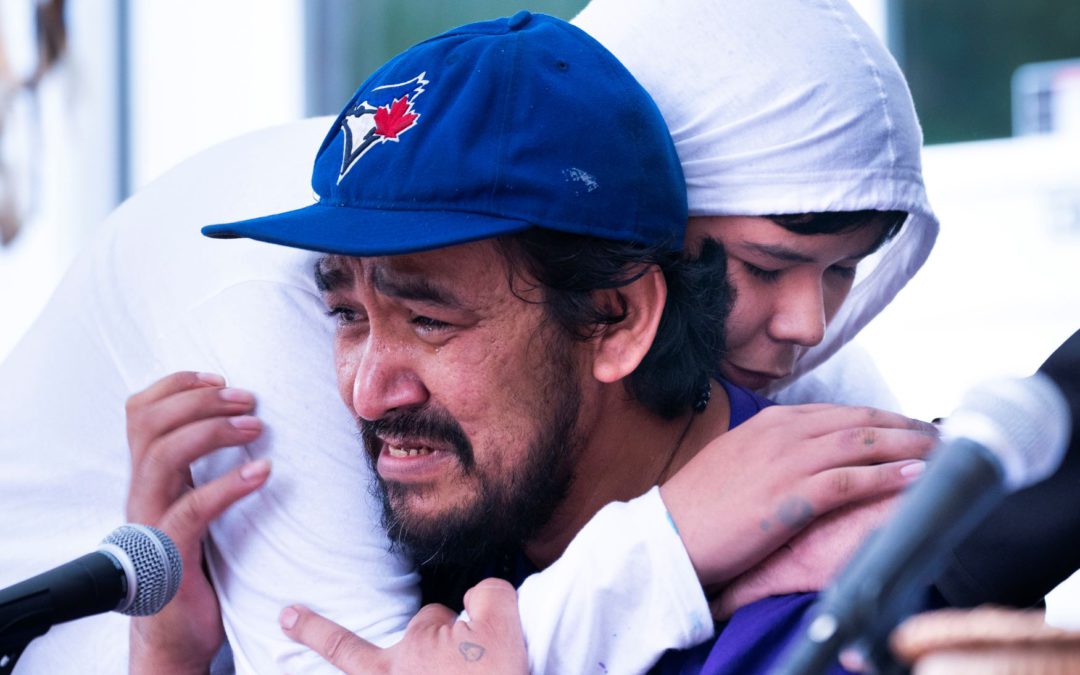
by Natasha Comeau | 13 Jan 2021 | Americas, Educators' Catalog, Health and Wellness, Human Rights
Overcrowding, a flow of migrants, lack of resources — so many reasons Indigenous communities in Canada and elsewhere are vulnerable to COVID-19. Carol Dube, husband of Joyce Echaquan, is hugged by one of his sons as he breaks down while reading a statement in...
COVID-19 is a monumental news story, and Natasha Comeau has trained her reporting lens on Indigenous communities in Canada to capture a larger truth — that underprivileged peoples around the world are suffering disproportionately from the coronavirus. Her reporting is supported by an interview with an expert who predicted how many ventilators hospitals would need for COVID-19 by studying the H1N1 virus, which struck the United States in 2009. Comeau’s story is an example of how scientific research, on the surface obscure, is actually relevant to everyday concerns. Like MacCorkle, she uses simple language that non-experts can understand, ensuring the piece resonates with a broader audience.
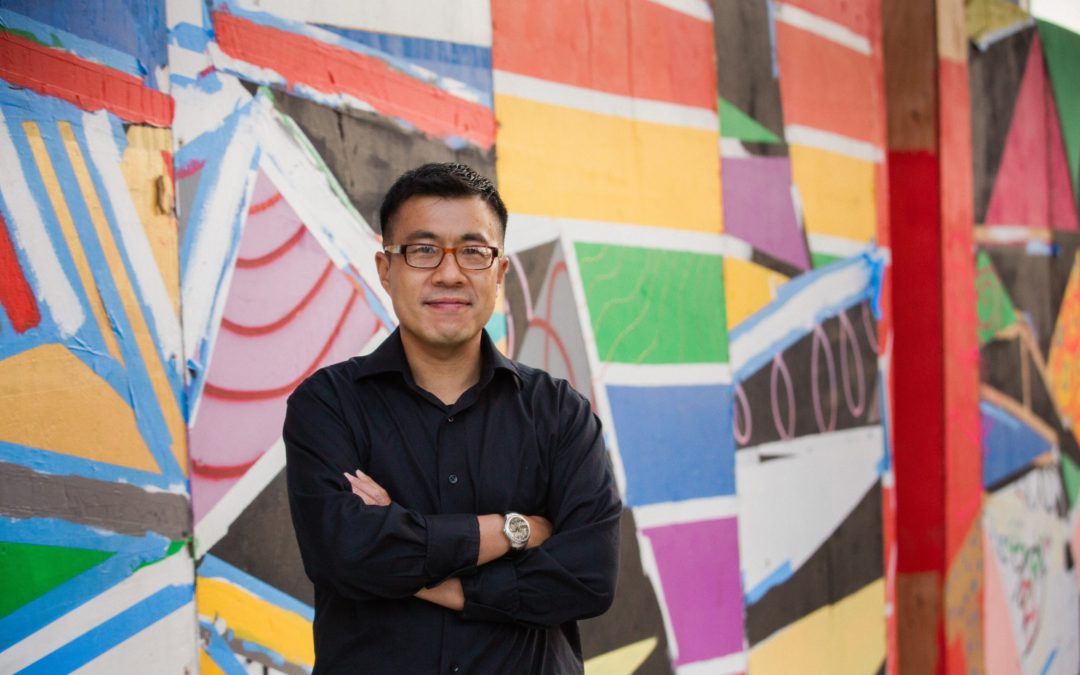
by Elena Townsend-Lerdo | 23 Dec 2020 | Contest winners, Contests, Educators' Catalog, Human Rights, Student Posts, Thacher School, United States, Youth Voices
Prisoners run a newspaper from inside a California jail. The monthly raises awareness of social justice issues and offers a new chance to convicts. Jonathan Chiu (Photo by Christie Goshe) This story won a third prize in News Decoder’s Ninth Storytelling Contest....
Elena Towsend-Lerdo introduces us to a convicted murderer who finds redemption at a newspaper run by prisoners in California’s oldest jail. The San Quentin News is online and accessible to readers around the world. Townsend-Lerdo interviews Jonathan Chiu, who was released after serving 16 years of his 50-year sentence, and a journalism professor who trains prisoners, providing first-hand insight into incarceration and rehabilitation. Those are meaty issues, but the student at La Jolla Country Day School avoids sweeping statements to offer us a peek into the U.S. criminal justice system and a unique path to atonement. Who could your students interview to learn about criminal justice?
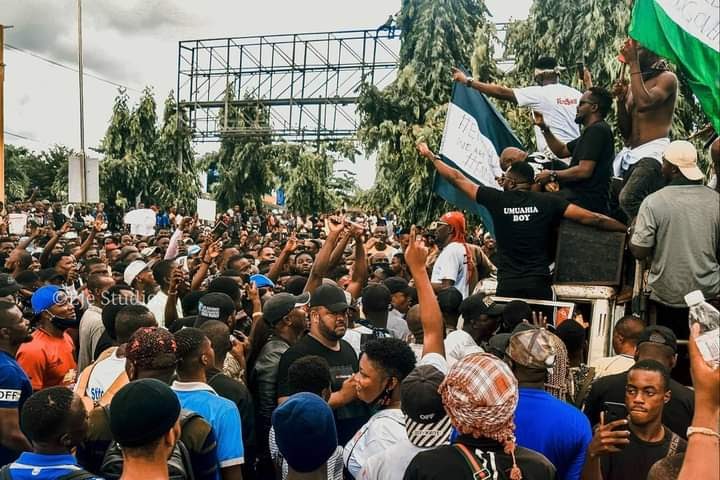
by Joy Chinaza | 9 Dec 2020 | Africa, African Leadership Academy, Contest winners, Educators' Catalog, Eyewitness, Future of Democracy, Human Rights, Personal Reflections, Politics, Student Posts, Youth Voices
I joined protests against police brutality in my home country of Nigeria and saw them almost become a war, then a rude awakening for youth. Protesters in Umuahia, Nigeria, October 2020 (All photos courtesy of Eje Studios) This story was a runner-up in News...
Joy Chinaza takes us into the streets of Nigeria to join young people protesting against police brutality. Like youth elsewhere this year, she is driven by anger over rights abuses perpetrated by police charged with protecting civilians but who instead turn weapons against minorities. A shared sense of injustice motivates Chinaza and millions of others around the globe, making her story a metaphor for youthful outrage. But the personal details in the tale by the African Leadership Academy student, including the beating her own brother suffers, add poignancy that sets her account apart. Make sure students note how the first-person pronoun draws them into the story. And how her outrage — so common among youth — is tinged with ambiguity at the end.
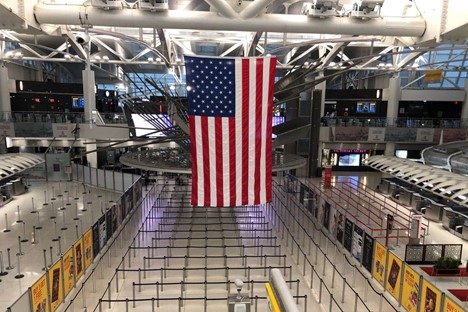
by Jasmine Li | 1 Dec 2020 | China, Discovery, Educators' Catalog, Health and Wellness, Identity, Student Posts, United States, Westover School, Youth Voices
COVID-19 left me in limbo in the United States, full of fear and anger. Then I returned home to China to face criticism before reuniting with my family. An empty John F. Kennedy International Airport in New York (All photos by Jasmine Li) So this is where I am going...
The coronavirus pandemic has put strains on students, their families, schools, entire communities. But Jasmine Li, a Chinese student at Westover School in the United States, provides a first-person account of the special difficulties facing foreign nationals caught in limbo as COVID-19 triggered global travel restrictions. Li cannot return to her temporary home at school, and when she finally makes it home to China, she discovers some compatriots consider her a traitor and urge her to leave. Adolescence can be a difficult period of self-discovery, but Li’s painful experiences are the product of a globalized world that, in normal circumstances, offers extraordinary opportunities but which, during a pandemic, sees forgotten borders re-emerge. Ask each student to describe their most difficult moment during the pandemic. How do their experiences compare?
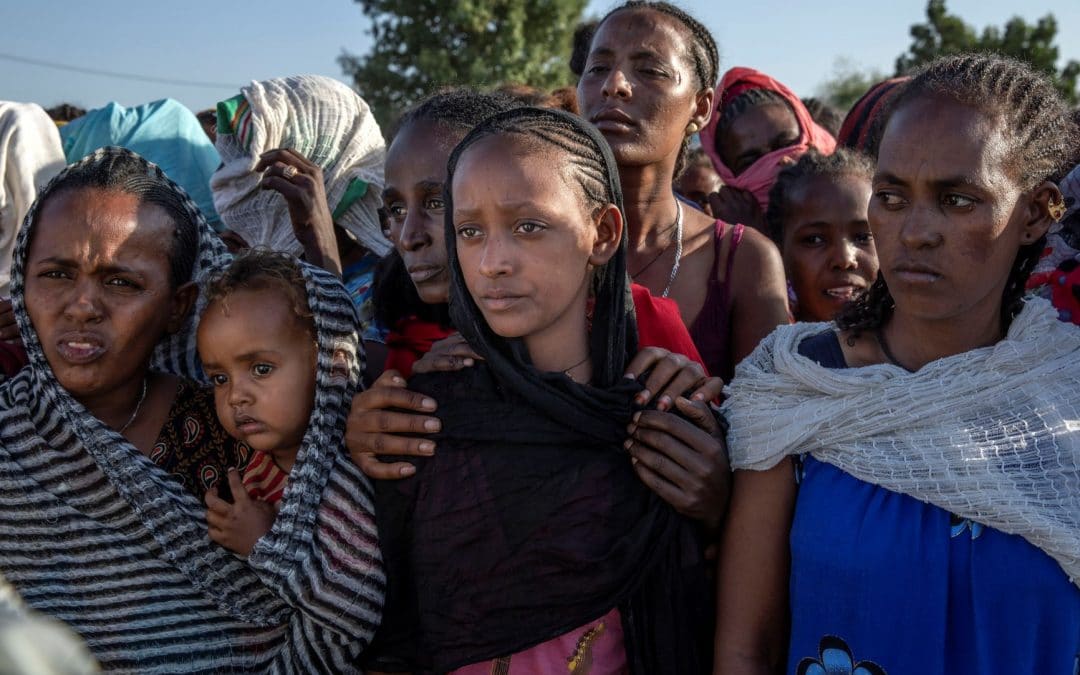
by Barry Moody | 1 Dec 2020 | Africa, Conflict, Decoders, Educators' Catalog
A military conflict has broken out in Ethiopia, raising fears of instability and a humanitarian crisis in the strategic Horn of Africa. Tigray refugees in eastern Sudan, 22 November 2020 (AP Photo/Nariman El-Mofty) A military conflict in northern Ethiopia has raised...
Your students may have noticed news stories about Ethiopia of late. But most accounts skip the background and context that enable young people to understand why conflict there matters to them. Barry Moody, one of News Decoder’s most experienced correspondents, explains how fighting between federal forces and rebels is raising fears of a humanitarian crisis in one of the world’s most strategic regions. Can your students think of other repressive regimes that, when overthrown, yielded chaos and conflict? Led by a Nobel Peace Prize laureate, Ethiopia is a cautionary tale for those seeking quick, democratic reforms in ethnically diverse countries.
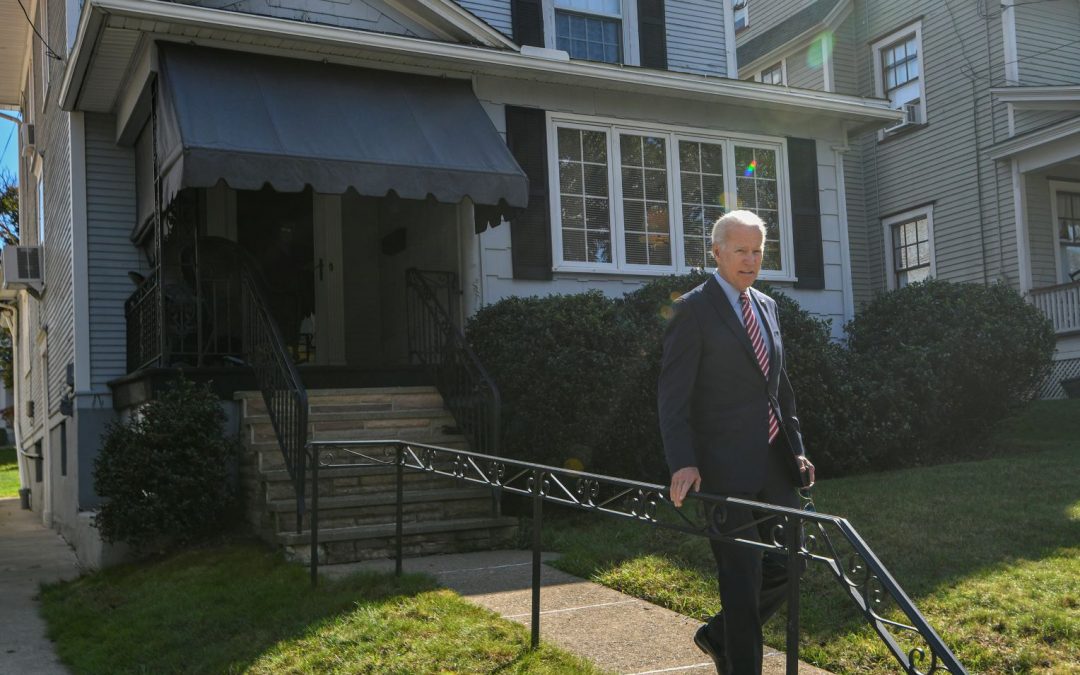
by Gene Gibbons | 24 Nov 2020 | Americas, Educators' Catalog, Eyewitness, Government, Joe Biden, Personal Reflections
Joe Biden and I grew up in the same city. He was upright in school and on the playground. He’ll be a caring leader as U.S. president. U.S. President-elect Joe Biden visiting his childhood home in Scranton, Pennsylvania, 23 October 2019 (Jason Farmer/The...
A lot of ink has been spilled about Joe Biden’s background, but how many authors played sandlot baseball with the U.S. President-elect? News Decoder correspondent Gene Gibbons covered six presidents while at Reuters, but he grew up with Biden, and his reminiscences of their upbringing in Pennsylvania capture key qualities of the next U.S. leader. It’s the details — the nicknames the schoolmarm gave her students, Biden’s phone call to the same teacher — that enliven the story. Without hyperbole or boasting, Gibbons tells a story that packs a punch and highlights Biden’s journey from a vacant lot — “mostly dirt and cinders” — to the White House.










